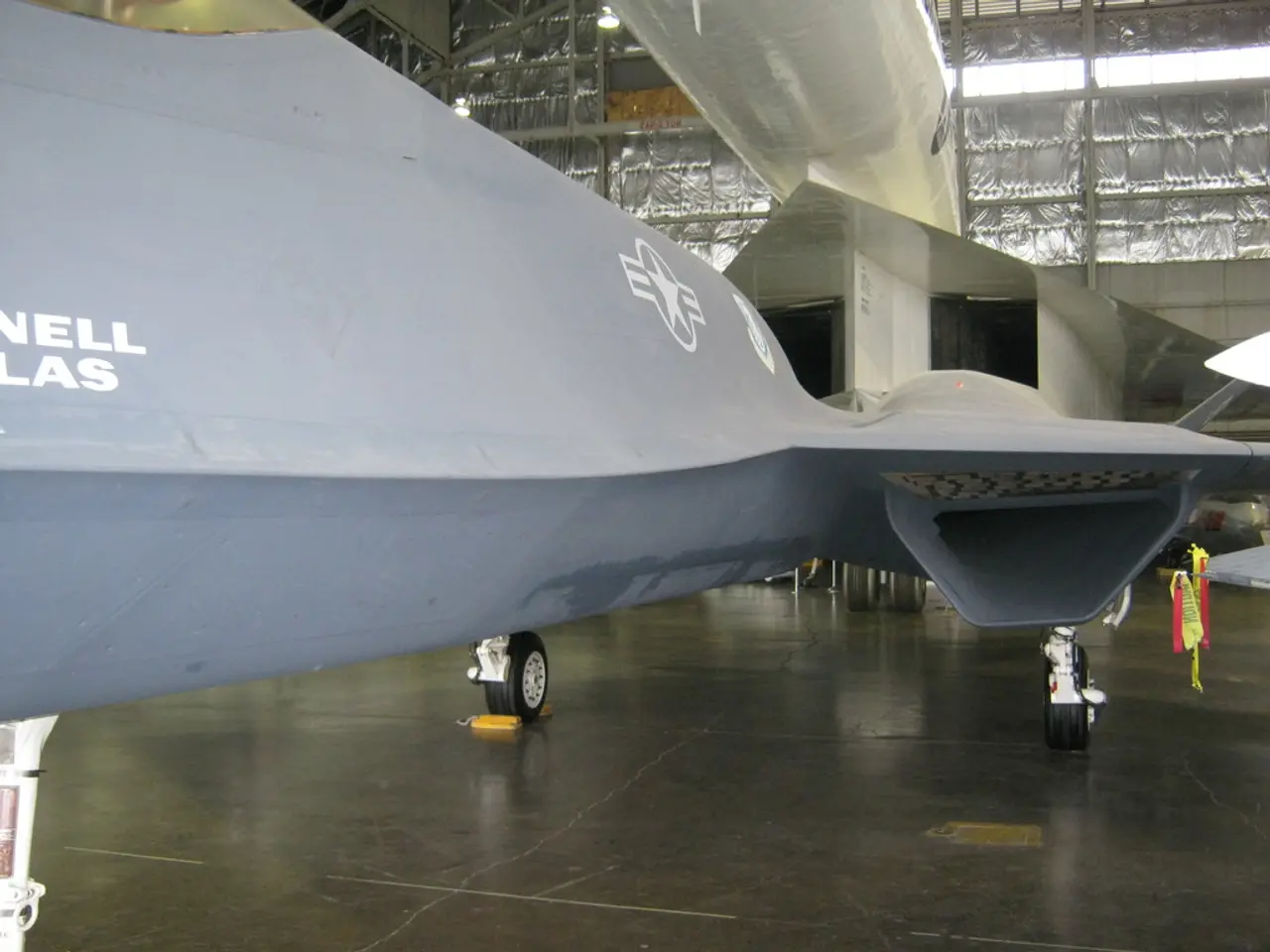Air Travel Amidst Covid-19: Is It Secure Enough?
Air travel during the COVID-19 pandemic may seem daunting, but recent advancements in aircraft safety measures have made it a relatively safer option. One of the key factors contributing to this is the use of High-Efficiency Particulate Air (HEPA) filters on board airplanes.
HEPA filters, which remove more than 99% of viral particles, including SARS-CoV-2, the virus causing COVID-19, are a significant safety measure against airborne transmission inside the aircraft cabin [1][3]. These filters have an efficiency rating of about 99.97% for removing bacteria and viruses, providing a continuous refresh and filtration of the air quality on planes, thereby lowering the chance of virus spread [1][3].
In addition to HEPA filtration, aircraft ventilation systems are designed for frequent air exchange. This helps dilute and remove potentially infectious airborne particles, further reducing the risk of airborne transmission [1][3].
However, since COVID-19 transmission is primarily through respiratory particles exhaled by infected individuals, it remains advisable to wear masks during the flight. Masks provide an additional layer of protection, complementing the protection offered by HEPA filters [1]. Airlines and health authorities recommend masks alongside the benefits of HEPA filtration to further minimize risk.
It is essential to note that while the air quality and ventilation on planes equipped with HEPA filters significantly reduce the risk of COVID-19 transmission, it does not eliminate it entirely. The World Health Organization has noted that transmission of COVID-19 can occur between passengers seated in the same area of an aircraft, often due to an infected individual coughing or sneezing or by touch [2].
Despite the risk, the International Air Transport Association (IATA) states that the risk of catching an infection on an aircraft is typically lower than in a shopping center or office environment [4]. The International Civil Aviation Organization (ICAO) also indicates that the current likelihood of contracting the virus while on flights is extremely low [5].
As the world gradually returns to normalcy, domestic and international flights are being resumed in many countries, albeit at levels below those of previous years. It is crucial for everyone to pay high attention to all possible precautions to ensure safety during the COVID-19 pandemic.
References:
- CDC - Aircraft Cabin Air Quality and COVID-19
- WHO - Air Travel and COVID-19
- FAA - Aircraft Cabin Air Quality and COVID-19
- IATA - COVID-19 and Air Travel
- ICAO - COVID-19 and Aviation
Science has shown that the use of HEPA filters, which are present in aircraft cabins, can significantly reduce the risk of COVID-19 transmission. In addition, maintaining a healthy and wellness lifestyle, such as wearing masks and adhering to medical-conditions guidelines, is essential during travel to further minimize the risk.




